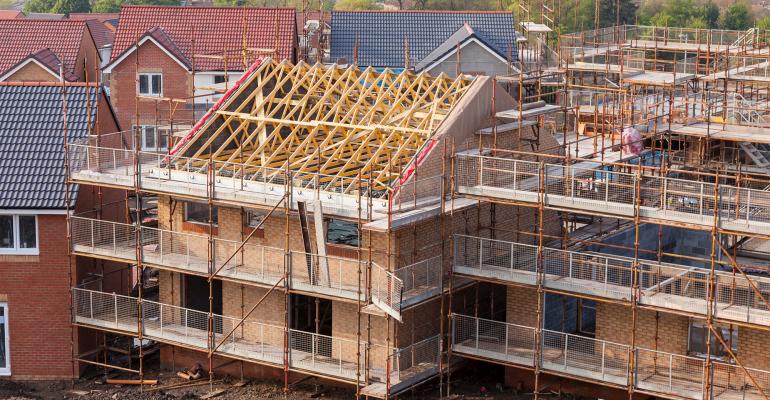A slowdown in construction and a reduced amount of new supply coming on to the market should help speed the recovery. Construction starts fell sharply after the start of the pandemic in second quarter 2020 and that more subdued pace has continued into second quarter 2021. According to NIC MAP data, construction as a percentage of inventory was 5.0 percent in first quarter, which has declined from levels of 6.6 percent prior to the pandemic in first quarter 2020.
However, respondents expect to see construction pick-up. Fifty-six percent of respondents anticipate seniors housing construction starts to increase over the next 12 months compared to just 18 percent who predicted an increase in the 2020 survey. Nearly one in four respondents believe construction starts will remain the same in the coming year, while 21 percent think construction could decline.
Minneapolis-based Ryan Companies US Inc. is one developer that powered through the pandemic and sees more opportunities ahead. The firm typically averages five project starts per year, and the number of projects it kicked off during 2020 increased to seven. “There was a good opportunity for us to move forward with projects that, when they open two years from now, will have less competition pressure than we’ve had in the last five years,” says Julie Ferguson, senior vice president and sector leader, Senior Living at Ryan Companies US Inc.
Ryan Companies builds communities with a combination of IL, AL and memory care. Its current pipeline of active and planned projects spans 22 senior living developments totaling 4,000 units and valued at more than $1.5 billion in total project costs. Ferguson is not concerned about oversupply in markets that the company has targeted for growth, which include California, Florida, Illinois, Minnesota, Tennessee, Texas, Washington and Wisconsin. “We do heavy due diligence on where we locate communities, as do our peers as we are a very data driven industry,” says Ferguson. “So, while there is a lot of competition, we all look at things slightly differently.”
A majority of survey respondents (79 percent) do not think new construction will result in overbuilding. Although it represents a strong majority, sentiment has pulled back from a high of 87 percent in the 2020 survey who were not concerned about overbuilding. Higher construction costs could make it more difficult for some new projects to move forward, especially when also accounting for higher operating costs.


